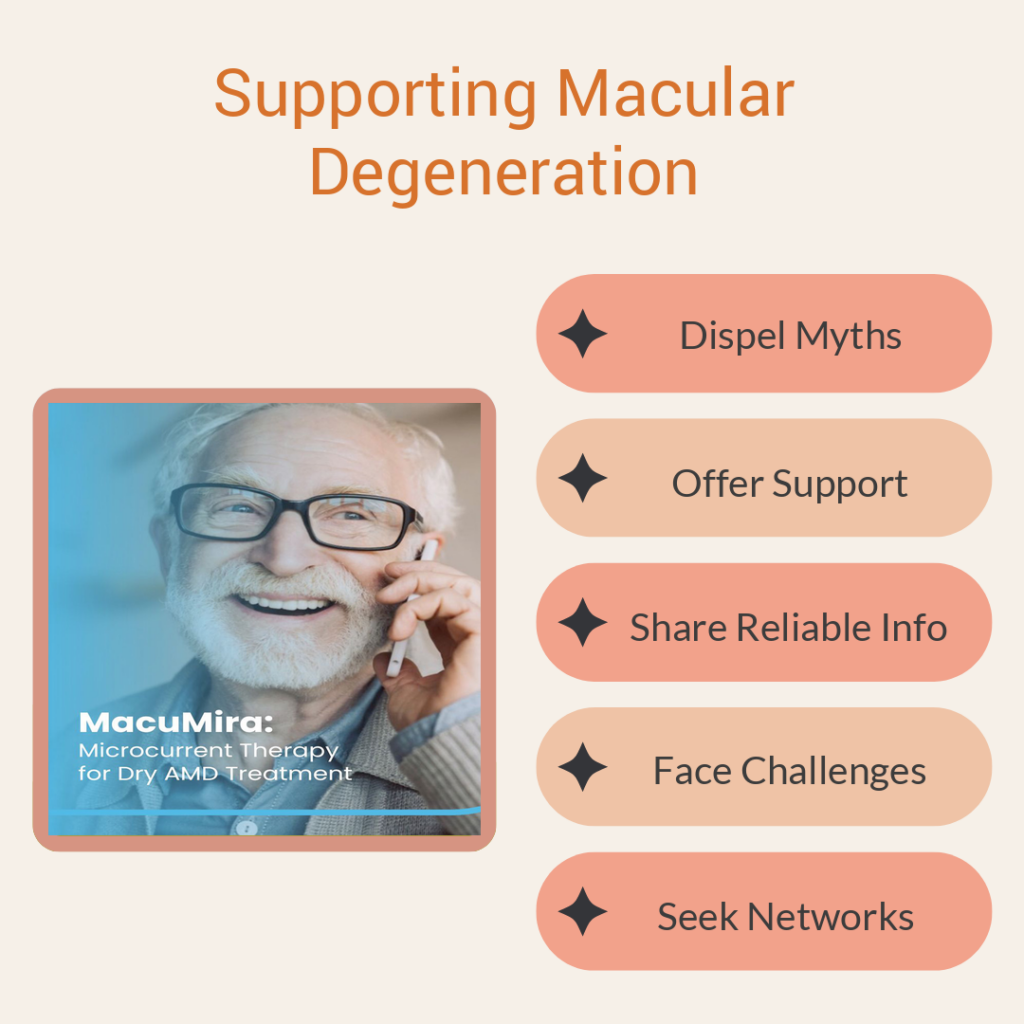Age-Related Macular Degeneration (AMD) is a major cause of vision loss for people worldwide. It especially affects older adults. For those in India, the aging population faces specific challenges. People in this group may not realize how this condition affects their lives until symptoms appear. The struggle with vision issues can make every day activities harder. It makes tasks like reading, driving, or even recognizing faces difficult. Understanding and addressing macular age degeneration is crucial to mitigate its impact on older communities, helping them maintain independence.
Recognizing AMD: Symptoms, Stages, and the Importance of Early Detection
AMD affects the eye and decreases central vision, but it’s different from causing complete blindness. The amd symptoms eye include blurriness and dark spots in the center of vision. People may find straight lines appear wavy or distorted. This can make reading difficult or seeing details clearly. If you notice any eye degeneration symptoms, getting them checked is key.
There are three stages of this condition: 1. Early Stage: Often there are no symptoms. 2. Intermediate Stage: Only mild vision changes occur. 3. Late Stage: Loss of vision becomes very noticeable.
In its late stage, macular degenerative changes can be troubling. Prompt detection through regular eye check-ups is essential. It allows for timely treatment. Routine exams can help catch amd eyes symptoms early, even before severe changes occur. Early detection doesn’t just help track dry amd symptoms, it also informs patients about their condition, preparing them for changes.
Managing AMD with Treatments and Lifestyle Changes
Managing AMD is about combining treatments with healthy choices. Here’s how:
- Anti-VEGF Injections: These are shots in the eye that prevent new blood vessels from growing. They help reduce fluid buildup that harms vision.
- Laser Surgeries: In some cases, a doctor might use this method to improve the condition.
Research brings hope with ongoing advancements. Scientists are exploring better treatment methods that could soon offer new solutions for macular age degeneration.
But treatment isn’t the only way to manage these eye conditions. Lifestyle changes play a vital role:
- Quit Smoking: Smoking can increase the risk of macular degenerative changes. So quitting is a smart step.
- Diet: Eating leafy greens, fish like salmon or mackerel, and nuts can help. Foods high in omega-3 or lutein are beneficial.
Dietary supplements can also support eye health.
- Consider vitamins C, E, lutein, zeaxanthin, and zinc.
- These nutrients support eye health and may slow the progression of mackerel degeneration eye.
Following these guidelines helps individuals cope better and possibly slow the causes of amd. Regularly reviewing new studies and dietary finds can empower individuals with eye degeneration symptoms to manage their health proactively.
Embracing a Supportive Environment: Dispelling Myths, Psychological Impacts, and Support Systems
Many myths link macular age degeneration directly to getting older. But age alone doesn’t inevitably lead to this condition. Addressing these misconceptions is important. Reliable information helps individuals distinguish myths from reality, aiding decision-making.
Living with AMD can emotionally affect individuals. They might struggle with anxiety or depression due to vision challenges. It’s vital to recognize these feelings and seek support.
In India, several support networks and groups provide assistance for those affected. Such systems offer both psychological help and practical advice. Reaching out to these networks can make a significant difference. Importantly, these groups equip individuals with coping strategies and tools.
Fostering a supportive environment helps those struggling with the condition, understanding their journey. With correct information, individuals and their loved ones explore better ways to address and embrace life with amd symptoms. Regular check-ins with health professionals can support these endeavors, creating a balanced approach to handling macular degenerative changes.

